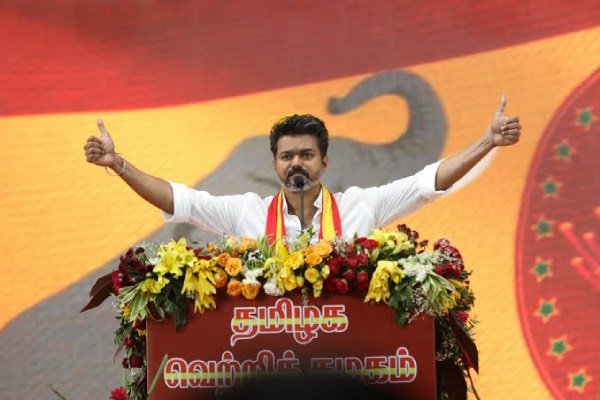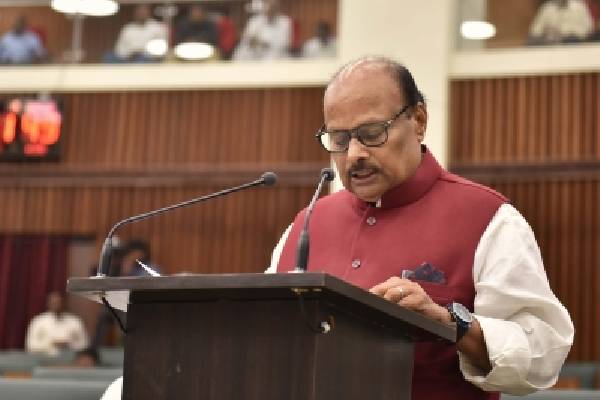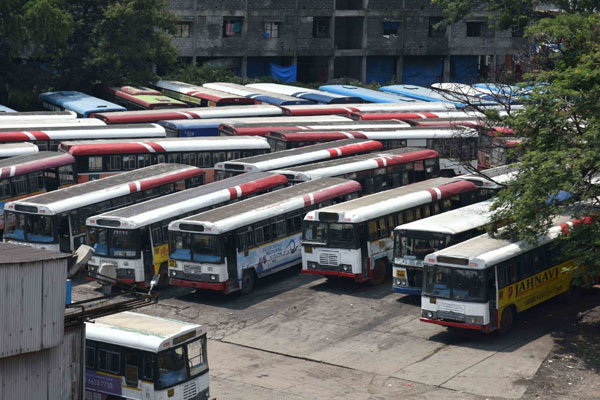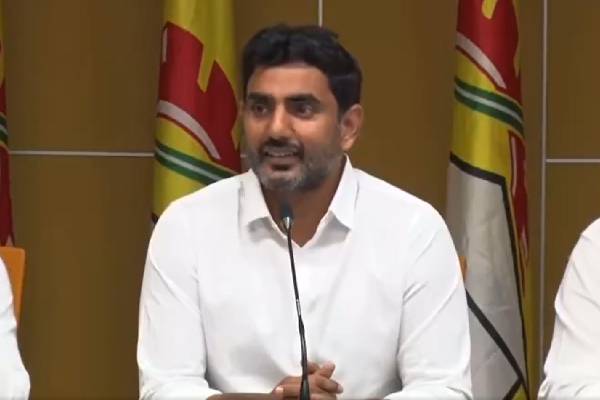Andhra Pradesh’s opposition Telugu Desam Party (TDP) on Monday demanded financial emergency in the state in the wake of the Comptroller and Auditor General of India’s observation of a Rs 48,000 crore financial irregularity.
TDP politburo member and former Finance Minister Y. Ramakrishnudu said that no other state in India is facing the kind of financial crisis Andhra Pradesh is facing and demanded that the Centre should act before the crisis deepens further.
Blaming the corruption by YSR Congress Party (YSRCP) government for the current crisis, he claimed that CAG has made this clear in its report.
He also sought a probe by the Central Bureau of Investigation (CBI) into the corruption and irregularities indulged in by Jagan Mohan Reddy-led government during last three years.
A day after Finance Minister Buggana Rajendranath rubbished the corruption charges made by the TDP, Ramakrishnudu said he had not made any baseless allegations as he had referred to the points raised by the CAG in its report.
The TDP leader said the Finance Minister criticised him as the government stood exposed. He asked why the minister failed to respond to the CAG’s observation.
Ramakrishnudu said the counter-attack by the minister was to divert attention from bypassing Comprehensive Financial Management System (CFMS), treasury code violations, improper ratifications in the name of special bills, and GO 80 issued to pass illegal bills.
He wondered how the government could allow backend transactions while bypassing CFMS, and said releasing Rs 48,284.32 crore in the name of special bills is nothing but treasury code violations
Rajendranath had claimed in a statement on Sunday that as the CFMS was not institutionalised properly, book adjustment transactions were shown as special bills.
He also stated that the total sum was not real expenditure and only a book adjustment transaction by the end of last fiscal.In the CFMS, there are bill payment heads pertaining to various departments, but there is no special bills head. To identify the book adjustment transactions in the CFMS, ‘special bills’ term is mentioned.
He blamed the chaotic and erratic creation of the CFMS during the previous TDP regime for the confusion.
The Finance Minister said that as the Treasury Department officials have no access to make book adjustment transactions in the CFMS at present, the Finance Department had authorised the CFMS CEO to exercise the power. He claimed that the entire process is held as per the guidelines of Finance and Treasury departments.
The minister also revealed that the Finance Secretary wrote a detailed letter in response to queries raised by the CAG explaining the same. Prior to the CFMS, treasury officials used to do book adjustment transactions manually at the end of the financial year. However, after rolling out the CFMS, the same power was given to the CFMS CEO and the same was conveyed to CAG by the Finance Secretary in writing, he clarified.
When no cash transactions took place in the whole process, where was the scope for corruption, he asked.


































